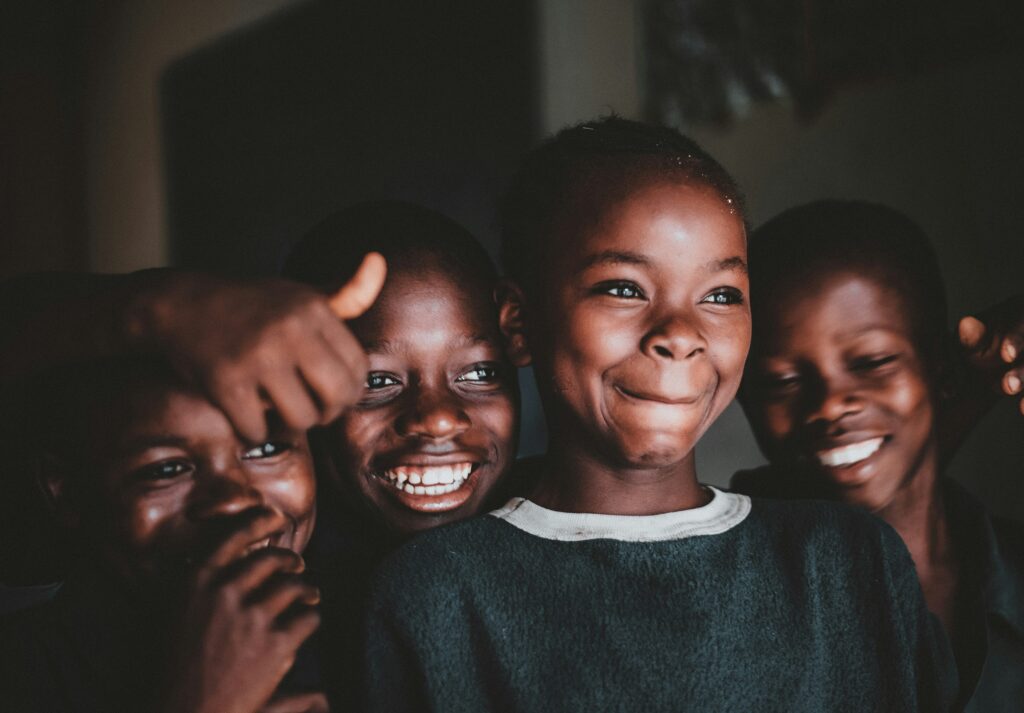The lead author of a new economics syllabus argues that current economics education is not fit for purpose – and that transforming how we teach it can catalyse global social tipping points in secondary education and beyond.
Economics education has a problem.
As climate shocks, inequality, and democratic strain define the world young people experience, it’s clear that today’s economic system is not delivering wellbeing for people and the planet.
How we teach economics shapes the way the next generation understands and influences these systems. And yet, the way economics is taught in secondary schools is a big part of the problem.
Around the world, economics courses expose students from the age of 14 to a narrow and damaging perspective on how economies work. These courses implicitly or explicitly teach students that:
- self-interested, utility-maximising behaviour is rational and natural;
- profit-maximisation and exponential growth are the economy’s goals;
- the natural world is separate from the economy and considered an ‘externality’;
- care work is invisible, the commons are treated as ‘tragic’;
- value is measured only by price;
- ethics and responsibility are irrelevant to economic reasoning.
Students leave these courses with a stunted view of what the economy is, what it’s for, and what it could become. Many of them will go on to study economics at university and take on influential roles in policymaking, business, or finance. What they learn in economics shapes the decisions that affect all of us.
How we can transform economics education
We started the Regenerative Economics project to change this story. It brings Earth4All’s vision of bold, systems-based economic transformation directly into secondary schools, starting with a clear question: What kind of economy can meet human needs within planetary boundaries?
The project includes:
- Curriculum and materials: An open-access syllabus, specifications and full textbook with classroom activities and project ideas, covering two years of study. These are creative commons licensed, modular, and globally relevant resources designed to support teachers and students as well as inspire curriculum reform.
- Support and community: Resources and guidance for educators and students using the materials in formal classes, clubs, or independent study. The community of learners is growing rapidly around the world and creating momentum for change.
- Advocacy and engagement: Active collaboration with national and international education authorities to reform official economics curricula.
While the entire textbook is grounded in systems thinking and transformation, we recently published a section that directly engages with Earth4All’s model and scenarios.
Bringing Earth4All into the classroom
Subtopic 5.4 Earth for All: System dynamics and the state introduces students to Earth4All’s Too Little, Too Late and Giant Leap scenarios. These alternative futures help students explore what is at stake in the coming decades, and what kinds of mission-oriented action are possible. Students are encouraged to consider what kind of future they want for themselves and their communities, and how real policy choices could shape that future.
The subtopic also examines Earth4All’s five extraordinary turnarounds: ending poverty, reducing economic inequality, empowering women, transforming food systems, and shifting to clean energy. Each of these gets a dedicated section in the Regenerative Economics textbook. Students explore how these transformations interact, what system traps hold them back, and where high-leverage interventions lie. The course teaches students to apply systems thinking tools, and to see the state as an actor that can help change the goals, rules, and feedbacks of the wider economy.
Five shifts in how we teach economics
The Regenerative Economics textbook reflects a broader rethink of how economics should be taught, aligned with the ten principles for transformational economics recently identified by the Global Assessment for a New Economics. The five shifts we have proposed to curriculum authorities, and embody in Regenerative Economics, radically transform the foundation of the subject:
- We widen the system boundary, treating the economy as embedded in society and nature. Students learn about the economic roles and interactions of households, the state, and the commons, alongside markets. They understand the economy as embedded in wider social and ecological systems.
- We clarify the economy’s purpose, encouraging students to ask what it means to meet human needs within ecological limits, rather than aiming for profit and growth.
- We embrace behavioural complexity, introducing values like reciprocity, care, and responsibility to challenge narrow models of self-interest.
- We replace linear and binary models with complex systems thinking, helping students understand interdependence, feedback, and leverage points for change.
- We prioritise experiential learning, encouraging students to explore local economies, engage with real projects, and imagine the futures they want to help create.
Each of these shifts equips students with tools to understand the economy as something we shape together.
Education as a tipping point
Earth4All argues that economic transformation depends on shifting the narratives, values, and expectations that guide our societies. Education is one of the most powerful ways to catalyse that shift.
Economics curriculum reviews are underway right now in the International Baccalaureate and the Netherlands. England and Scotland are reviewing their entire national curricula. We have a very narrow window of opportunity to shift the way economics (and business!) is taught in those systems. Doing so could set off global social tipping points in secondary education and beyond. Global networks like Rethinking Economics, Doughnut Economics Action Lab (DEAL), Wellbeing Economy Alliance (WEAll), and Earth4All are creating shared momentum for change.
The Regenerative Economics project contributes to this movement by offering a practical, hopeful, and deeply systemic alternative vision for economics education. It is already being used by impatient educators and students committed to reimagining our economies for people and the planet.
Join us to help make economics education part of The Giant Leap!
Learn more about the Regenerative Economics syllabus and campaign on their website.



